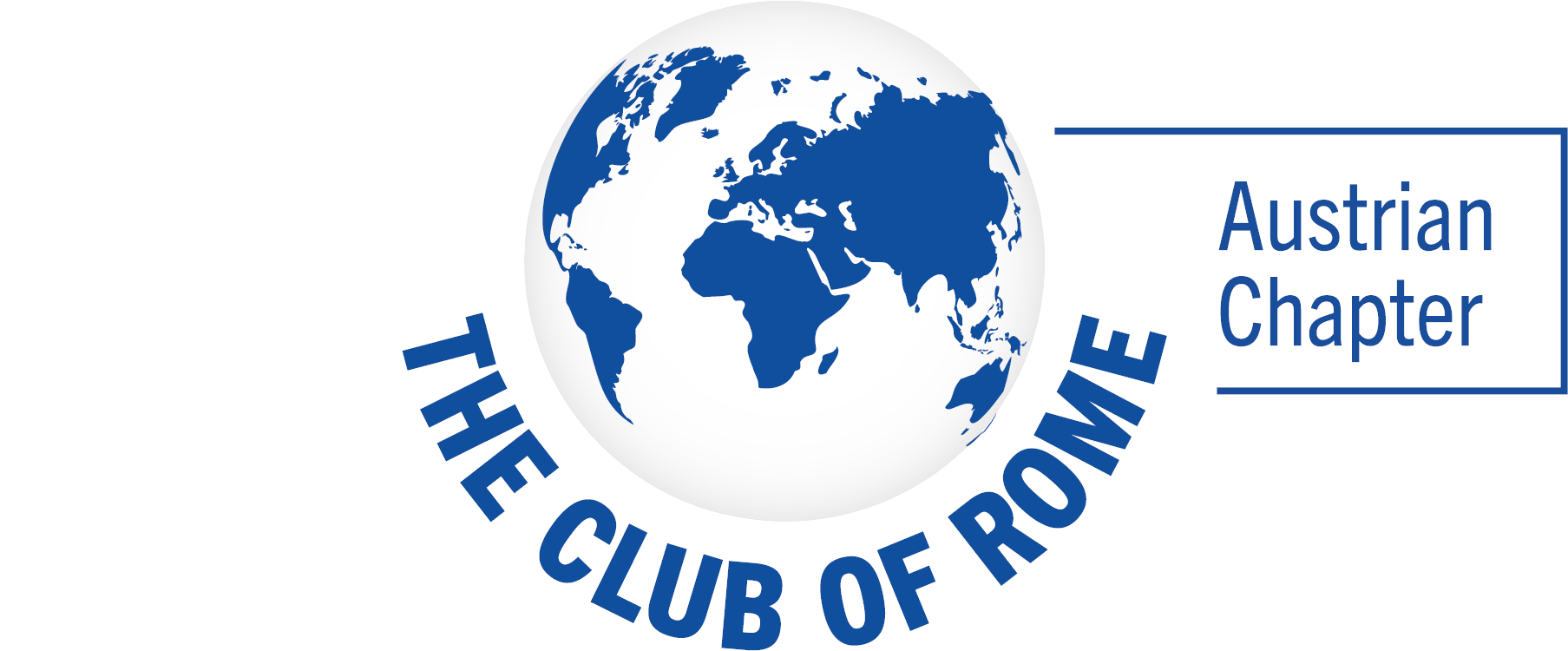2022 is a special year for the Club of Rome, as has been communicated many times before. 50 years ago, in 1972, the first “Report to the Club of Rome” was published with the title “Limits to Growth”, which has been often quoted and unfortunately read far less often since then. Here again is the link to the original (English-language edition).
Now, 50 years later, a new report is published that tries to give a positive outlook despite all the problems. Earth4All is the name of the new work and will be published in German and English at the end of August. “A survival guide to save humanity from ecological and social catastrophe” is the claim.
We at the Austrian Chapter have the opportunity to present the report in Austria just a few days after its publication – on the occasion of the Linz Ars Electronica Festival with the exciting title: “Welcome to Planet B. A different World is Possible. But How?”
Präsentation des neuen Berichts an den Club Of Rome “Earth4All”
On 8 September, the so-called “Future Lab Day”, Ernst Ulrich von Weizsäcker and Till Kellerhoff will present the work.
The Earth4all initiative is made up of leading scientists, economists and communicators and outlines the profound changes that are necessary to ensure the survival of humanity. Their conclusion is unequivocal:
Nur ein Wandel auf Systemebene, der von allen heutigen Bewegungen gemeinsam vorangetrieben wird – Armut, Gleichberechtigung, Menschenrechte, Klima und Natur – wird erfolgreich sein.
Earth4All
This goal is now within reach, and Earth4All can show the way. Science has shown that we are living in a unique moment in history – a crucial decade in which, if we do not act, we risk crossing irreversible tipping points for the planet. The world’s response to a global pandemic offers us a crucial moment to bring about the change we need. Success would mean that prosperous, equitable societies could develop within planetary boundaries.
Details about the program and the panel can be found here and on the Ars Electronica Website: https://ars.electronica.art/planetb/de/futurelab-day-keynote/
Panel discussion
In a subsequent panel discussion, Jayati Ghosh from India, another author of the report, Maria Langsenlehner from the Umweltdachverband and expert on the topics of circular economy and Wellbeing Economy, as well as Astrid Rössler, who as an Austrian member of the National Council advocates for the implementation of the SDGs, will discuss the question “Where are we now & how do we continue on a local level?” The panel is curated by the Austrian Chapter of the Club of Rome and moderated by its vice president Friedrich Hinterberger.
In an effort to operationalize systemic change, the Earth4All project has developed five pathways to save humanity from ecological and social catastrophe.
i. Energy transition
ii. Transformation of the food system
iii. Widespread introduction of new economic models in developing countries.
iv. Reduce inequality to at least reach the goal of the richest 10% of the world’s population owning less than 40% of global wealth.
v. Empowering women and investing in education for all.
The panelists will discuss the application of the 5 Ways at the local level in countries or regions. Economic change will be necessary and new economic paradigms will need to be created – how to accelerate the shift towards an economy of wellbeing?
Details about the program and the panel can be found here and on the Ars Electronica Website: https://ars.electronica.art/planetb/de/earth4all/
Ars Electronica Festival University
One week earlier, we will be organizing a two-day workshop for the students of the “Ars Electronica Festival University” together with the Project Workshop of the University of Applied Arts and BOKU entitled: Do it: navigating a tricky future. We will talk about possible futures – for us and for the world. A systemic view of the world will allow us to connect individuals with global goals. From this we can imagine what kind of future we want – with the aim of creating positive images and stories of the future at all levels (from the individual to the world as a whole). On Day 2, we will dive into the curatorial method “do it”, an instruction-based exhibition concept introduced in 1993 by Swiss curator Hans Ulrich Obrist.
The two days will be designed and moderated by Friedrich Hinterberger, Ulrike Payerhofer, and Nathalie Spittler (Austrian Chapter of the Club of Rome, University of Applied Arts Vienna, and University of Natural Resources and Life Sciences Vienna). Click here for a documentation of that workshop.
